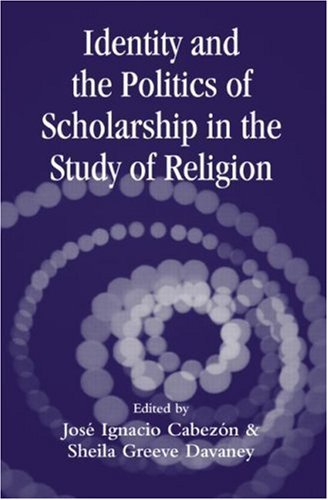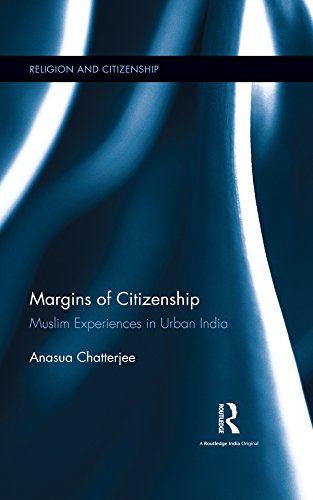
By Germano Maifreda
Established in 1542, the Roman Inquisition operated via a community of virtually fifty tribunals to wrestle heretical and heterodox threats in the papal territories. while its theological, institutional and political facets were well-studied, earlier no sustained paintings has been undertaken to appreciate the monetary foundation upon which it operated. but – as The enterprise of the Roman Inquisition within the Early sleek Era indicates – the economic autonomy loved by way of every one tribunal was once a significant component in settling on how the Inquisition operated. For, because the movement of money from Rome declined, each one tribunal was once compelled to depend on its personal resources and assets to fund its paintings, leading to a state of affairs wherein tribunals more and more got here to resemble companies. As each one tribunal used to be authorized to maintain a considerable percentage of the fines and confiscations it levied, questions quick arose in regards to the monetary issues which may have encouraged the Inquisition’s activities. Dr Maifreda argues that the Inquisition, with the necessity to generate adequate profit to proceed operating, had a transparent incentive to focus on prosperous teams inside society who may perhaps have the funds for to yield up big sales. additionally, as secular experts additionally started to depend upon a levy on those sales, the monetary concerns of selections relating to heresy prosecutions turn into even better. established upon a wealth of hitherto missed basic assets from the Vatican and native Italian records, Dr Maifreda finds the underlying monetary constructions that performed an integral part within the operations of the Roman Inquisition. by means of exploring the method of incentives and pressures that guided the activities of inquisitors of their procedural procedures and selection of sufferers, a far clearer realizing of the Roman Inquisition emerges. This booklet is an English translation of I denari dell’inquisitore. Affari e giustizia di fede nell’Italia moderna (Turin: Einaudi, 2014).
Read Online or Download The Business of the Roman Inquisition in the Early Modern Era (Routledge Research in Early Modern History) PDF
Best religious studies books
First released in 2005. Routledge is an imprint of Taylor & Francis, an informa company.
Get Middle of Nowhere: Religion, Art, and Pop Culture at PDF
Pilgrims trip millions of miles to go to Salvation Mountain, a different non secular constitution within the Southern California barren region. outfitted through Leonard Knight (1931–2014), variously defined as a modern day prophet and an interloper artist, Salvation Mountain bargains a message of divine love for humanity. In center of Nowhere Sara M.
Joram Tarusarira's Reconciliation and Religio-political Non-conformism in PDF
Religio-political businesses in Zimbabwe play an immense position in advocating democratisation and reconciliation, opposed to acquiescent, silenced or co-opted mainstream church buildings. Reconciliation and Religio-political Non-conformism in Zimbabwe analyses actions of spiritual companies that deviate from the location of mainline church buildings and the political elites in regards to non secular participation in political concerns, opposed to a historical past of political clash and violence.
A part of the ‘Religion and Citizenship’ sequence, this publication is an ethnographic research of marginality of Muslims in city India. It explores the realities and results of socio-spatial segregation confronted through Muslim groups and a few of the ways that they negotiate it during their daily lives.
- Faith and War: How Christians Debated the Cold and Vietnam Wars
- United States Catholic Elementary and Secondary Schools 2011-2012
- Living with Religious Diversity in Early-Modern Europe (St Andrews Studies in Reformation History)
- The ABC's of the Bible
Extra resources for The Business of the Roman Inquisition in the Early Modern Era (Routledge Research in Early Modern History)
Example text
The Business of the Roman Inquisition in the Early Modern Era (Routledge Research in Early Modern History) by Germano Maifreda
by Edward
4.0



